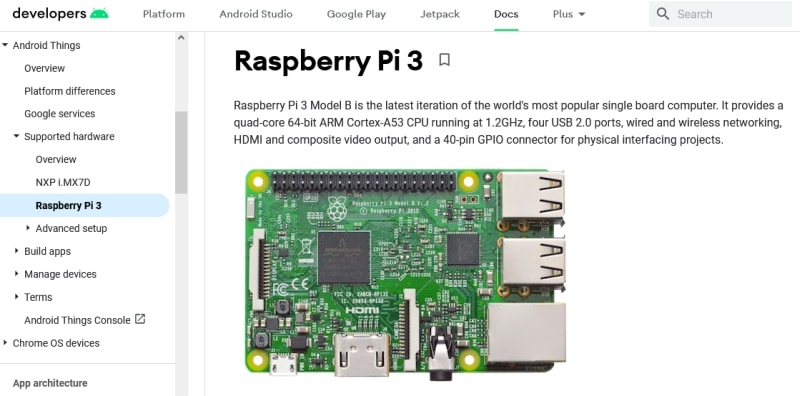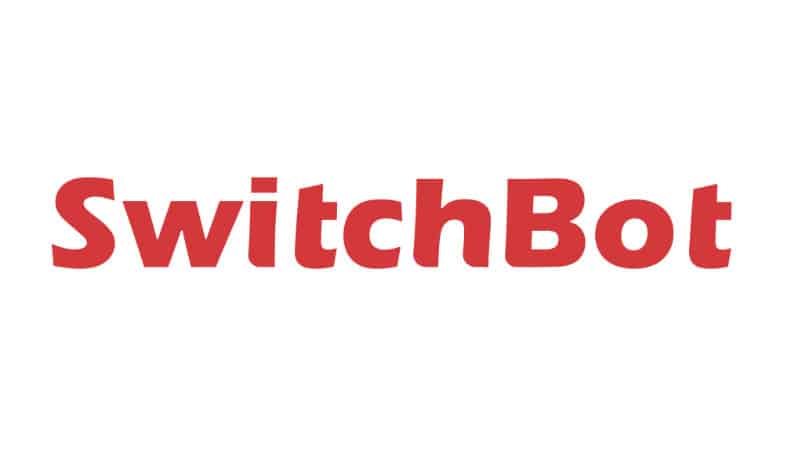Google kills its children (and it’s a habit)
Recently Google signed the death warrant for Android Auto. Launched in 2014 for the on-board computers of certain cars, the app was then adapted into a mobile version. It made it possible to use hand-picked functions for use in the car with the minimum of risk for the driver: messaging, GPS, music, etc. This application which has never really seduced the general public will definitely stop with the generalization of the next Android 12, but the functionalities will be grafted to the driving mode of Google Assistant. A kind of rebirth then. But in the small world of Alphabet, there are many “DCD” projects.
Contents
Google+: an empty shell
Let’s start with the most famous: Google+. This social network has long been a drag for the American firm. Supposed to compete with Facebook, this platform has never won hearts. Google then forced the hand of its community since the owners of a Gmail box or a YouTube account were officially counted among G + users. In the end, there will be millions of subscribers with very little commitment on their part: 3 minutes per month and per user against 6 hours / month for Facebook. The cup is full, Google decides to close the curtain. The chalice is drunk to the dregs since, due to a security breach, the programmed death of G + is still advanced by a few weeks. Date of death: April 2, 2019.

Android Things: a failed foray into IoT
Android Things will not have lasted long. Launched in May 2018, this IoT-oriented OS aimed to communicate objects having nothing to do with each other in order to create a kind of generalized home automation system. The idea was also to attract fans of the Raspberry Pi which was starting to appeal to geeks. No luck, other solutions already existed and the Raspberry Pi is compatible with so many OS that Android Things will “pshit”, to quote a calf’s head lover. As of January 2021, no non-commercial project is welcome and everything will be stopped in January 2022. Evil tongues say that Android Things died before it even launched. A feat.

Google Music: interesting beginnings
Do you remember Google Music? The concept was very innovative at the time: users could upload up to 50,000 songs from their personal MP3s to the platform (no one was going to verify their provenance) to listen to them on the devices of their choice. By paying a subscription, you also had a fairly large music catalog available in stream. This may seem normal in 2021, but 10 years ago… Between August and October 2020, the service closed its doors. The basic app allowing you to play your music locally doesn’t even exist anymore and Google directs users to YouTube Music which does much the same thing except that you now have to pay to upload songs in FLAC, M4A, MP3. , OGG or WMA. It can hardly be considered a rebirth and not a death since all the free features have disappeared. Strangely, and even though it was the same structure, it was still necessary to transfer its entire catalog from one service to another.

The Stadia development studio: 2 years and 0 games
Launched in late 2019, Stadia is a cloud gaming platform. No need for a PC at 1500 € which dislocates since your old cuckoo clock, or even a mobile can do the trick. The games run on powerful remote servers. A very good service that works on subscription or in the form of a game purchase store. Known licenses of course, but Google is still launching a studio to create exclusive titles. To do well, we choose the co-creator of the series of Assassin’s Creed to direct it. Only here, after a year and a half, nothing is going on. The service works well despite some criticism (you need a fast connection to enjoy it), but the studio has closed. Number of games released: 0. The cause? According to anonymous testimonies, Google is bigger than the beef with too small teams, not enough resources, disastrous communication, a dysfunctional work environment and underestimated development deadlines. You can’t improvise Bestheda or Electronic Arts like that.
Tons of abandoned projects …
Do you think we’ve taken the tour? Not at all. The augmented reality measurement application Google Measure went by the wayside in June 2021, because it was too approximate, especially on small objects. Same for the application Google Shopping which nevertheless keeps its place in the search engine tabs despite its mixed success. Google VR Dreams, you remember ? That cardboard thing that allowed you to place a smartphone inside to simulate virtual reality? Impossible to buy in 2021 and there are no more new applications. However, a virtual reality headset at 20 € in 2015, it was strong. Ditto for the home security solution Nest Secure. Launched in 2017 and killed in 2020. Same for the geolocation project in case of emergency Trusted Contacts who also died in 2020 after 4 years of loyal service and over a million downloads. It must be said that the app had become obsolete when it became possible to share your location with trusted third parties on Google Maps.

Do you want more? The Ars Technica site has made a section Google Kills on his site!


